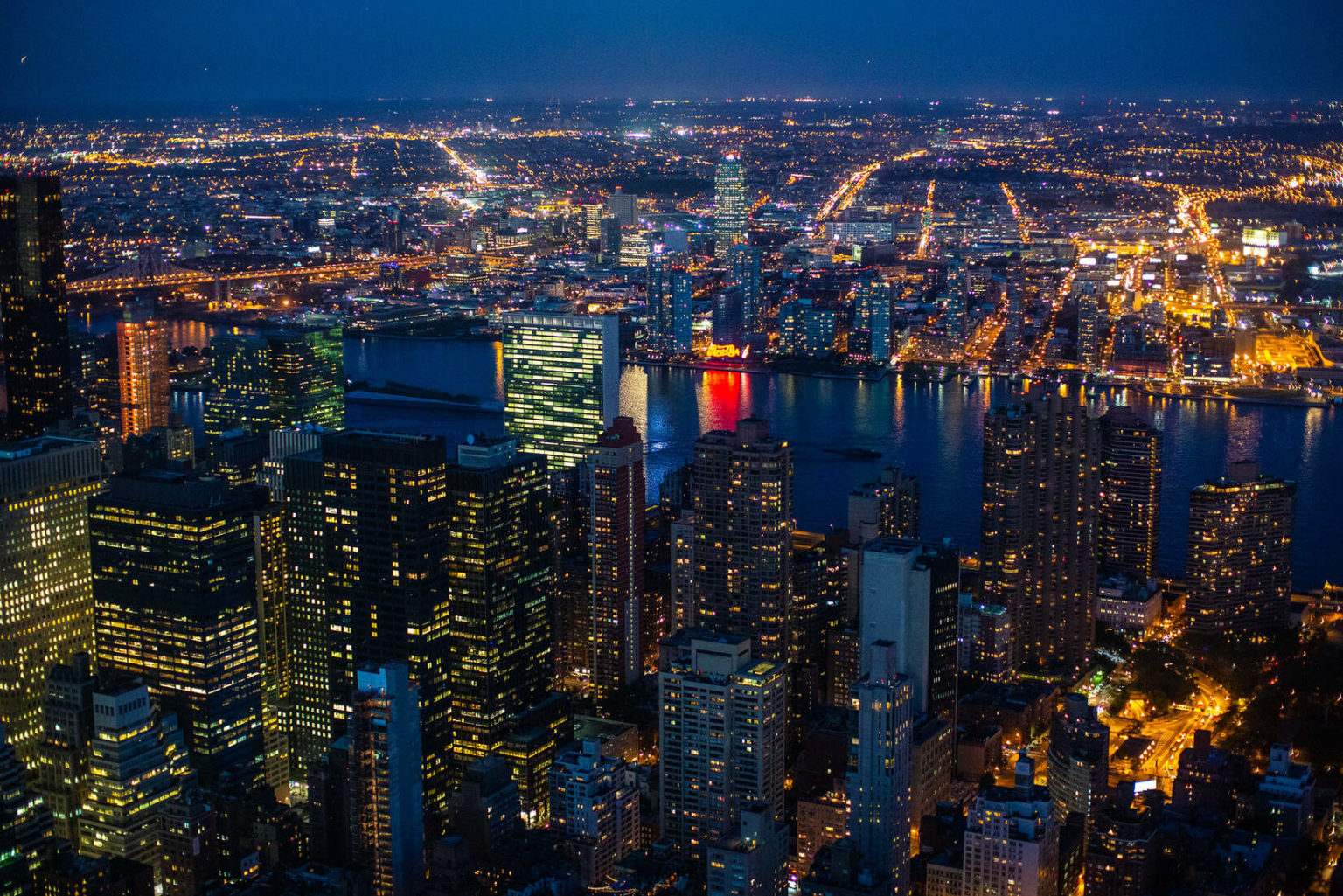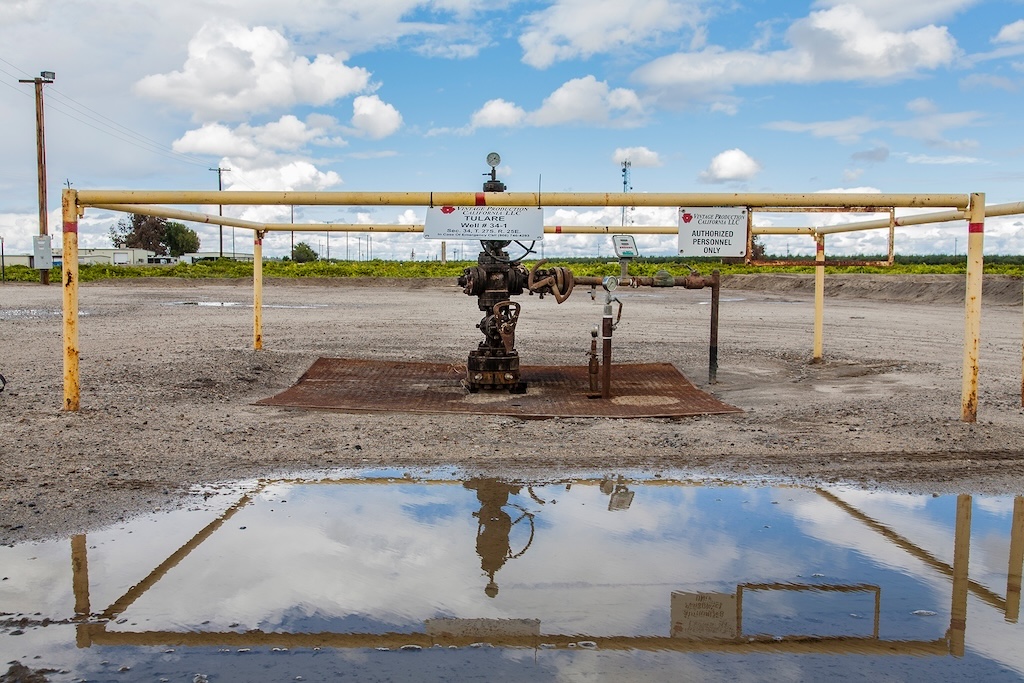One of the first tests of New York’s ambitious climate plan didn’t go well, as the New York Public Service Commission voted on January 16 to raise electricity rates on customers by $1.2 billion over the next three years to help Consolidated Edison, or Con Ed, pay for new natural gas pipelines and infrastructure.
New York’s Climate Leadership and Community Protection Act (CLCPA) targets 100 percent carbon-free electricity by 2040 and net-zero carbon emissions by 2050. To meet those goals, any new gas infrastructure constructed now and in the future would have to be retired well before the end of its useful life, becoming stranded assets.
Con Ed’s plans for the funds include the expansion of natural gas pipelines in Queens and the Bronx and the addition of potential new natural gas infrastructure projects. Over a billion dollars of the rate hike funds would go toward fixing leaking natural gas pipelines.
Environmental activists opposed the rate hike based on the grounds that it stands in contradiction of the state’s climate goals.
“Governor Cuomo’s administration is starting off 2020 by ignoring the CLCPA and supporting climate denialism,” said Lee Ziesche, Sane Energy Project Community Engagement Coordinator. “We have just 10 years left to dramatically reduce greenhouse gas emissions and Con Ed’s plan spends the next three years and hundreds of millions of our ratepayer dollars going in the wrong direction.”
Questions of Greenwashing
New York isn’t alone in raising questions of greenwashing. Oil companies, major investment firms like BlackRock, banks like Bank of America, and tech companies like Microsoft are all making public relations efforts that assert the companies are taking climate change seriously. Meanwhile, they are still investing in or otherwise supporting the expansion of oil and gas production.
Con Ed’s spokesman claimed the rate hike was essential to helping New York achieve its climate goals, saying, “The three-year investment plan approved today is essential to helping New York State achieve its clean energy goals, as well as to continue providing safe and reliable service to our customers.”
Natural gas is a mixture of gases but typically contains as much as 90 percent methane, a potent greenhouse gas. Most of the natural gas in the U.S. is produced via fracking, an industry which has been linked to the increase in atmospheric methane in the last decade. Throughout the fracked oil and gas supply chain, the industry is contributing to atmospheric methane levels, including large leaks like the blowout of a natural gas well in Ohio and smaller, ongoing leaks from oilfield infrastructure, pipelines, and processing plants.
Climate activists and scientists have been repeating that natural gas, that is, methane, is not a climate solution, despite the industry’s slick advertising campaigns and support from politicians including Democratic presidential hopeful Amy Klobuchar, who has repeated a common industry talking point that natural gas is a “transition fuel” to carbon neutrality. Carbon dioxide emissions continue to rise due to the burning of natural gas, and methane emissions continue to rise due to natural gas production.
What we do today affects the world’s energy tomorrow. See how natural gas helps work toward a cleaner-energy future. https://t.co/Du0Bs65pBZ pic.twitter.com/6K8PQbHexb
— ExxonMobil (@exxonmobil) January 7, 2020
NYC Comptroller Calls for Moratorium on New Natural Gas Infrastructure
New York City Comptroller Scott Stringer released a statement strongly criticizing the New York Public Service Commission decision and calling for a moratorium on new gas infrastructure projects.
We can’t pretend we are making progress on reducing emissions if we keep funneling cash into new natural gas infrastructure.
If Con Edison can’t think past their profits, then we need to seriously explore a public takeover of New York’s natural gas system.
My full statement: pic.twitter.com/dVlQAi2DyR
— Scott M. Stringer (@NYCComptroller) January 16, 2020
The commission voted 4-1 to approve the rate hike, with the one dissenting vote coming from Tracey Edwards, who opposed the rate hike on the grounds the proposal did not do enough to address climate change.
Highly unusual: PSC Commissioner Tracey Edwards is voting against the proposed Con Ed rate hike, saying it doesn’t go fast enough on environmental issues
“I can’t support it because I want to just push us further and further to go faster and faster,” she says.
— Marie French (@m_jfrench) January 16, 2020
Meanwhile, efforts to ban gas as a fuel for new buildings have been gaining momentum across the country. The same day as the Con Ed vote, the California Public Utilities Commission proposed a new rule to govern California’s transition away from natural gas. Individual municipalities in California and Massachusetts have been passing bans on any new gas infrastructure for new construction.
The California Public Utilities Commission launched a regulatory proceeding last week “to manage the state’s transition away from natural gas-fueled technologies to meet California’s decarbonization goals.” https://t.co/xVsHidn7bs
— Sammy Roth (@Sammy_Roth) January 21, 2020
“If we are going to decarbonize the economy, we have to stop putting gas in new buildings now,” Deborah Donovan, Massachusetts director at the Acadia Center, told E&E News.
Paying for Stranded Assets
In 2018 Con Ed reported earnings of over one billion dollars. With the rate increase passage, its customers are going to be funding new natural gas infrastructure which the state’s climate goals would have very likely end up as stranded assets, especially if New York actually follows through on the plan for the CLCPA.
Natural gas will need to be phased out to meet the Paris Agreement goals, but evidence has been mounting that the economics of renewables will also make natural gas obsolete for economic reasons, in a parallel of the swift decline of coal in the U.S.
In September last year, the Rocky Mountain Institute (RMI), a pro-clean energy nonprofit, released a report concluding that electricity generated by natural gas-powered plants would be unable to compete economically with renewables by as soon as 2035, which would likely strand a number of natural gas assets.
While Con Ed customers already are slated to pay higher rates for new natural gas infrastructure, not switching to renewable energy now is likely to guarantee utility customers will continue paying higher rates in the future, according to the RMI analysis.
A similar situation is playing out in Europe. Industry consulting firm Artelys performed a new analysis of 32 proposed natural gas projects, concluding that “most” of them are “unnecessary” and could waste 29 billion euros for projects that will likely become stranded assets.
Natural Gas: Bad Investment, Contributor to Climate Change
Warren Buffett has been hailed as one of the greatest investors of all time. His company Berkshire Hathaway currently has $130 billion in cash. He clearly only invests to make money, without consideration of climate implications, based on his recent $10 billion investment in oil company Occidental.
Nevertheless, Buffett is choosing to close down coal plants at his utility companies and replace them with renewables, not natural gas. Because, presumably, he thinks that is a smarter investment.
New York has the highest electricity rates in the country. And Con Ed is raising those rates to invest in more natural gas infrastructure.
The vote by the Public Service Commission to allow Con Ed to do this is an early blow to New York’s climate plans. And by many accounts, this likely will turn out to be a bad investment for Con Ed ratepayers.
Main image: An imitation from New York Credit: Thomas Hawk, CC BY–NC 2.0
Subscribe to our newsletter
Stay up to date with DeSmog news and alerts






